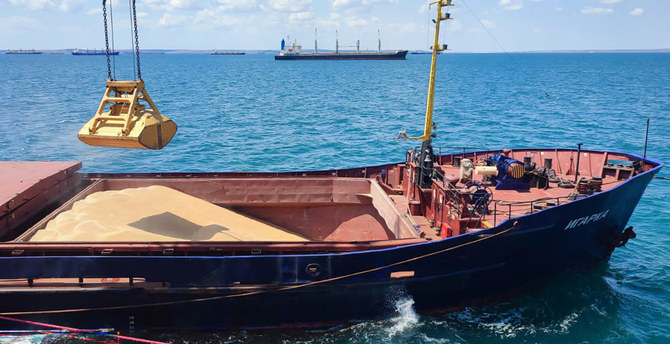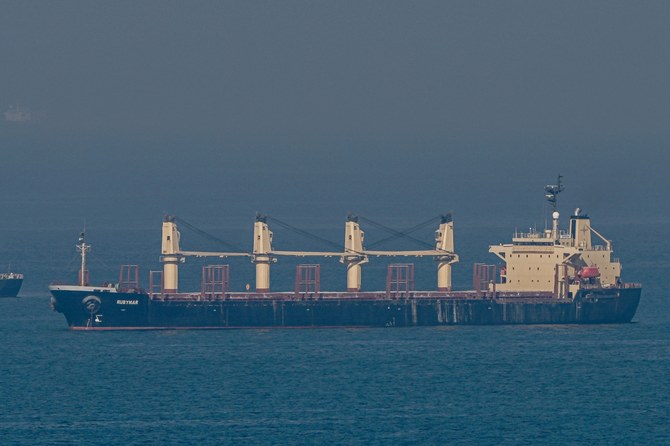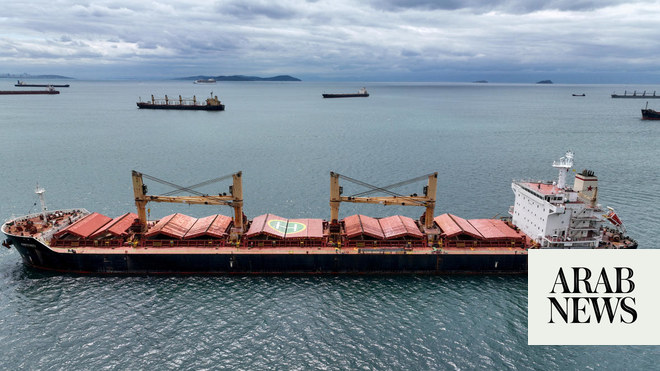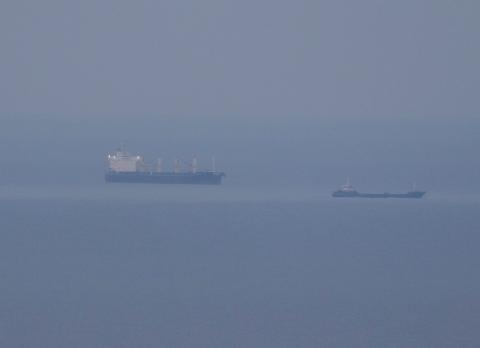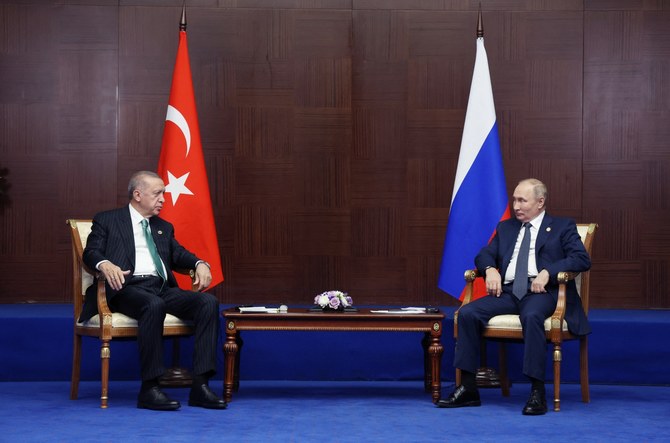
Russian President Vladimir Putin and his Turkish counterpart Recep Tayyip Erdogan met in Sochi last week for discussions on the Black Sea Grain Initiative, the UN-brokered agreement that allowed Ukraine to export grain to help fight world hunger during the Russia-Ukraine conflict. With Russia’s withdrawal from the deal in July, this matter has become crucial in the geopolitical context. However, in a sense, food security has become only one of several issues related to the deal, as the personalities of the key negotiators have also taken on a major role. What are the key differences in the discussions this time and what are the prospects for a renewal?
The Putin-Erdogan meeting in Sochi was the first time the two leaders had met since Erdogan’s narrow reelection victory in June, while it also marked their first private conversation after almost a year of silence. The Kremlin did not announce the specific topics of the meeting, instead confining itself to a statement that the discussions entailed “bilateral mutually beneficial cooperation” and “an urgent international problem.” For his part, Erdogan addressed the grain deal directly in his recollection of the meeting, repeating his willingness to continue playing a key role in the negotiations. Turkiye is geographically close to many of the countries that are most vulnerable to soaring food prices (including those in the Middle East and North Africa), so the issue is a security matter for Ankara as well as a humanitarian one.
Was this a return to business as usual for the two leaders? During the meeting, Putin reportedly offered to supply up to 1 million tons of Russian grain per month to Turkiye, which could then export it to the states that need it the most. Furthermore, Qatar was expected to play a leading role in financing these activities.
The renewal of the grain deal is not impossible to conceive of, but there are clear obstacles that must first be overcome
Dr. Diana Galeeva
Doha has recently deepened its involvement in humanitarian efforts relating to the Ukraine war, including offering $100 million of aid to support health, demining and education efforts in Ukraine. This offer was discussed during a July meeting between Qatari Prime Minister and Foreign Minister Sheikh Mohammed bin Abdulrahman Al-Thani and Ukrainian President Volodymyr Zelensky. In addition to a discussion of Zelensky’s 10-point peace plan, they also talked about Qatar’s investment in Ukraine’s potential reconstruction and the Black Sea grain corridor.
In its attempts to mediate peace, Qatar follows the path of Saudi Arabia and the UAE, both of which have shown willingness to address the issue as neutral mediators.
In September 2022, with the help of Saudi Arabia and Turkiye, Russia and Ukraine carried out a prisoner swap involving about 300 people, including foreign volunteers from the UK, the US and Morocco. And just last month, Saudi Arabia hosted an international summit in Jeddah calling for further dialogue regarding Ukraine’s territorial integrity. The Kingdom in February also finalized its offer of $400 million of humanitarian aid to Ukraine, $100 million of which was for humanitarian aid and the remaining $300 million offered in the form of energy resources.
A renegotiation of the grain deal might result in parallel diplomatic efforts to find solutions to other sticking points
Dr. Diana Galeeva
The UAE has also shown an active interest in offering humanitarian aid, along with involvement in further prisoner exchanges. During a visit to St. Petersburg last October, Emirati President Sheikh Mohammed bin Zayed Al-Nahyan reportedly offered to mediate between Ukraine and Russia. Throughout the conflict, Abu Dhabi has also sent humanitarian aid to Ukraine. Only last week, it sent a ship carrying 23 ambulances to Ukraine to support the country’s health sector. As part of its aid program, the UAE aims to send a total of 50 ambulances to Ukraine, in addition to a pledge of $100 million in humanitarian aid the UAE made in October 2022.
The renewal of the grain deal is not impossible to conceive of, but there are clear obstacles that must first be overcome. The deal might be signed with the involvement of Turkiye and potentially the UN — it is difficult to see a solution that does not involve both parties. However, Russia will likely seek to add its own provisions to the deal, helping to facilitate the export of its own grain. Furthermore, it is possible that a new external actor will be brought in to help fund or enforce the deal; in that case, it is most likely that a Gulf state will fill the role.
The grain deal is not the only problematic issue of the war and its renegotiation might result in parallel diplomatic efforts to find solutions to other sticking points. The Ukrainians (and the West) clearly hope that diplomacy might eventually offer a clear plan for the reconstruction of Ukraine, with a possible united strategy from Kyiv’s Gulf partners to help fund the rebuilding of its infrastructure. These efforts are much more likely to succeed if the Gulf states coordinate their efforts. They have already demonstrated they can achieve notable results in comparison to other global actors.
Dr. Diana Galeeva is a former academic visitor to St. Antony’s College, Oxford University (2019-2022). Twitter: @Dr_GaleevaDiana




